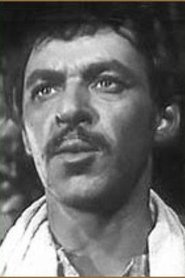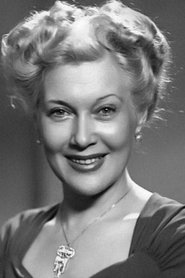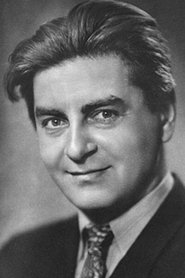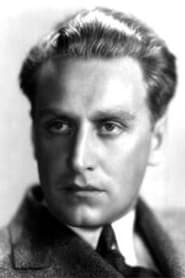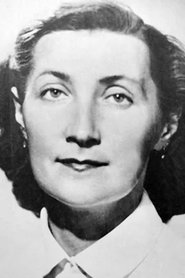
Man of Music
The young composer Mikhail Glinka performs his new work at a soiree at earl Vielgorsky's house. However, the public is accustomed to Western music, and reacts coldly to the creation of the composer. This makes him very sad, but soon he decides to go learn the art of music in Italy. After returning from Italy, he is full of desire to write national Russian opera. Vasily Zhukovsky proposes a subject: a feat of Ivan Susanin. Tsar Nicholas I change the name of the opera to A Life for the Tsar and assigns a librettist - Baron Rosen. Acquaintance with the future co-author shocked Glinka: Rosen speaks Russian with a noticeable German accent. The premiere was successful, but Glinka was still not entirely happy with the libretto: "False words were written by Rosen". When Nicholas I learned that Ruslan and Lyudmila was written on Pushkin's subject, he sees it as sedition. The bitter experience of the composer brighten his supporters.
- Overview
- Cast
- Crew
- Recommendations
Man of Music
- Overview
- Cast
- Crew
- Recommendations
Status
Released
Release Date
Jun 6, 1952
Runtime
1h 45m
Genres
History, Music
User Score
43%
Original Title
Композитор Глинка
Production Companies
Mosfilm
Director
Grigori Aleksandrov
Description
The young composer Mikhail Glinka performs his new work at a soiree at earl Vielgorsky's house. However, the public is accustomed to Western music, and reacts coldly to the creation of the composer. This makes him very sad, but soon he decides to go learn the art of music in Italy. After returning from Italy, he is full of desire to write national Russian opera. Vasily Zhukovsky proposes a subject: a feat of Ivan Susanin. Tsar Nicholas I change the name of the opera to A Life for the Tsar and assigns a librettist - Baron Rosen. Acquaintance with the future co-author shocked Glinka: Rosen speaks Russian with a noticeable German accent. The premiere was successful, but Glinka was still not entirely happy with the libretto: "False words were written by Rosen". When Nicholas I learned that Ruslan and Lyudmila was written on Pushkin's subject, he sees it as sedition. The bitter experience of the composer brighten his supporters.
Cast
Crew
Recommendations
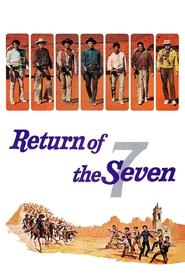
Return of the Seven

Gamera 2: Attack of Legion

The Silent Hour

Three Floors

Juliette in Spring

Atlantic City

B. Monkey

About Dry Grasses

Return of the Fly

The Dawns Here Are Quiet

My Name Is Loh Kiwan

Laid to Rest

Hatchet II

The Last Matinee

Lola
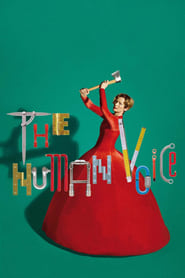
The Human Voice

Mishima: A Life in Four Chapters

Nightmare Alley

Diabolik - Who Are You?


